Imagine a small business owner struggling to keep track of customer interactions, manage sales leads, and personalize marketing campaigns. This is where the best CRM software can truly make a difference. By centralizing customer data, automating tasks, and providing valuable insights, a well-chosen CRM solution can transform the way small businesses operate, leading to increased efficiency, improved customer satisfaction, and ultimately, greater profitability.
Toc
- 1. Understanding the Basics of CRM for Small Businesses
- 2. Essential Features to Look for in a CRM for Small Businesses
- 3. Top CRM Software Options for Small Businesses in 2024
- 4. Related articles 01:
- 5. Choosing the Right CRM Software for Your Small Business
- 6. Related articles 02:
- 7. Integrating CRM with Your Existing Business Systems
- 8. Tips for Successfully Implementing CRM in Your Small Business
- 9. Frequently Asked Questions (FAQ)
- 10. Conclusion
This guide will explore the top best CRM systems options specifically designed for small businesses, helping you find the perfect fit for your unique needs and budget. We’ll dive into key features, pricing plans, real-world examples, and best practices to ensure you make an informed decision that drives your business growth in 2024 and beyond.
Understanding the Basics of CRM for Small Businesses
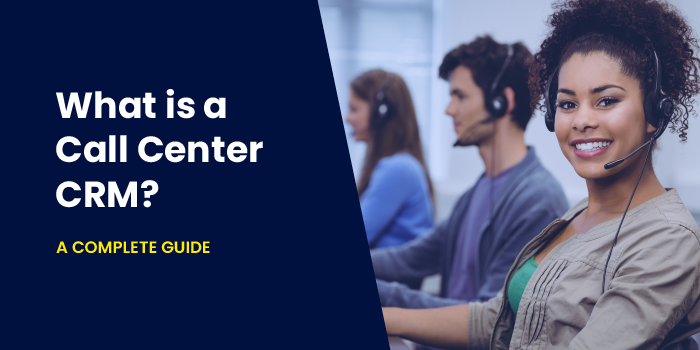
Customer Relationship Management (CRM) software serves as a vital tool for businesses looking to foster strong relationships with their customers. But what exactly is CRM, and why is it crucial for small businesses?
- Definition and Purpose: CRM is designed to streamline interactions with current and potential customers. It consolidates customer data into a single platform, making it easier to manage relationships.
- Importance for Small Businesses: For smaller enterprises, effective customer management can be the difference between thriving and merely surviving in a competitive landscape.
- Key Benefits :
- Enhanced customer loyalty and stronger relationships, such as a small bakery using CRM to track customer preferences and provide personalized offers and recommendations.
- Increased productivity through automation of repetitive tasks
- Improved sales management and forecasting
- More effective marketing strategies and targeted campaigns
- Higher rates of customer retention
- Scalable solutions that grow with your business
- Mobile accessibility for on-the-go teams
- Better collaboration across departments
CRM software typically falls into three main categories: operational , analytical , and collaborative. Operational CRM focuses on automating business processes, analytical CRM provides insights for data-driven decision-making, and collaborative CRM emphasizes sharing customer information across teams.
Potential Challenges of CRM
While CRM offers significant benefits, some businesses might find it challenging to implement and maintain. Implementing a CRM system can require time, resources, and training, and it’s crucial to choose a solution that aligns with your business needs and budget. Additionally, data migration and integration can be complex, and ensuring data accuracy is critical for effective decision-making.
Essential Features to Look for in a CRM for Small Businesses
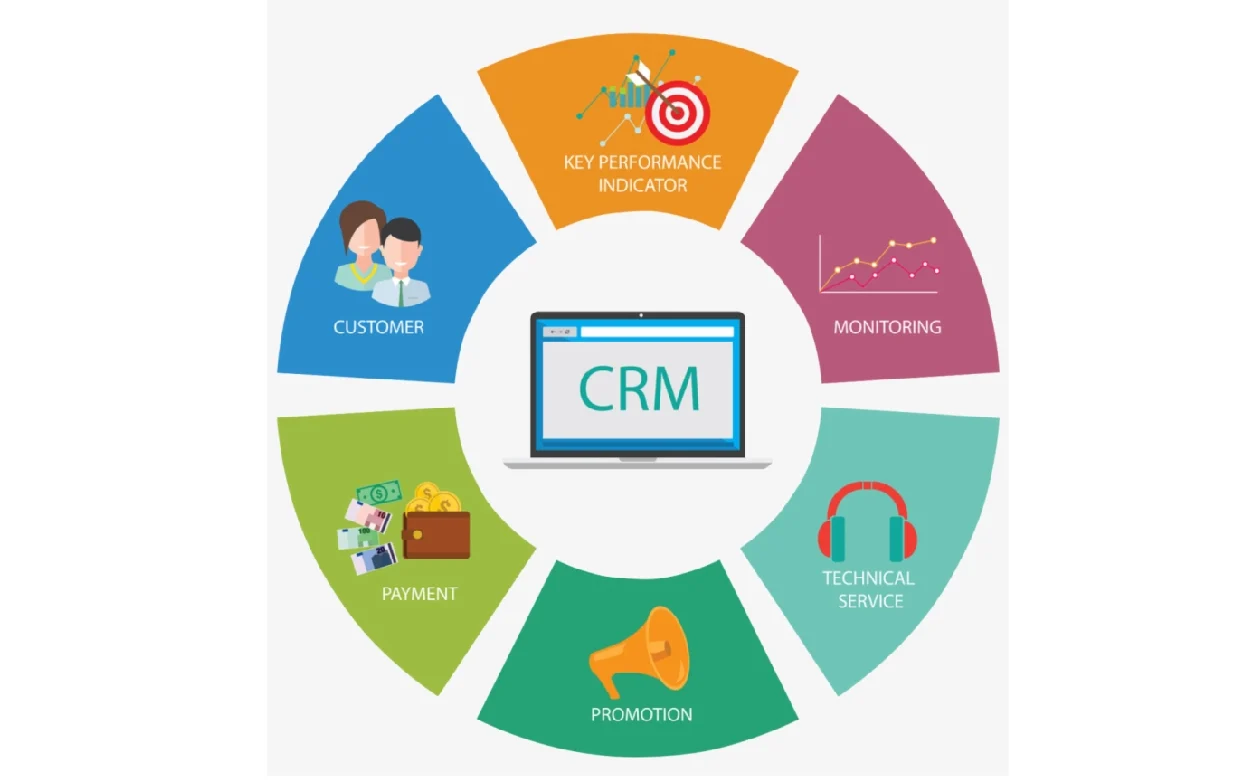
When searching for the best CRM programs, consider these essential features:
- Contact Management: A robust contact management system is crucial. Look for features that allow you to store and organize customer information easily, track communication history, and segment contacts effectively.
- Lead Management: Effective lead management is key to nurturing prospects. Look for CRM solutions that offer lead scoring, such as assigning points to leads based on their website activity, engagement with marketing emails, or interactions with sales representatives, and nurturing capabilities, as well as a clear sales pipeline management system.
- Workflow Automation: Automation can significantly enhance productivity. Seek out CRMs that provide automated email sequences, task reminders, and data entry automation.
- Marketing Automation : The best CRM softwares should facilitate marketing efforts. Features like email marketing, social media management, and campaign tracking can help you reach your audience effectively.
- Reporting and Analytics: Data insights are invaluable. Choose a CRM that offers sales performance dashboards, customer behavior analysis, and marketing campaign reporting to make informed decisions.
- Sales Forecasting: Predicting future sales can be a game-changer. Look for CRMs that utilize historical data analysis and AI-powered predictions for accurate forecasting.
- Customization and Integration: Every business is unique. Ensure the CRM allows for customization of workflows and offers API integrations with other tools you use.
Emerging Trends in CRM
AI and machine learning are playing an increasingly significant role in CRM, transforming how businesses interact with their customers. These technologies enable personalized recommendations, automate repetitive tasks, and provide valuable insights into customer behavior. For example, AI-powered chatbots can handle customer inquiries 24/7, freeing up human agents to focus on more complex issues. Machine learning algorithms can analyze customer data to predict purchase behavior, identify potential churn risks, and recommend targeted marketing campaigns.
In addition, today’s customers expect a seamless experience across all touchpoints, whether it’s through their website, mobile app, social media, or email. CRM systems are evolving to support omnichannel customer experiences, allowing businesses to track customer interactions and provide personalized support regardless of the channel. For example, a CRM might allow a customer to initiate a live chat on the website, then seamlessly transition the conversation to a phone call or email without losing any context.
Top CRM Software Options for Small Businesses in 2024
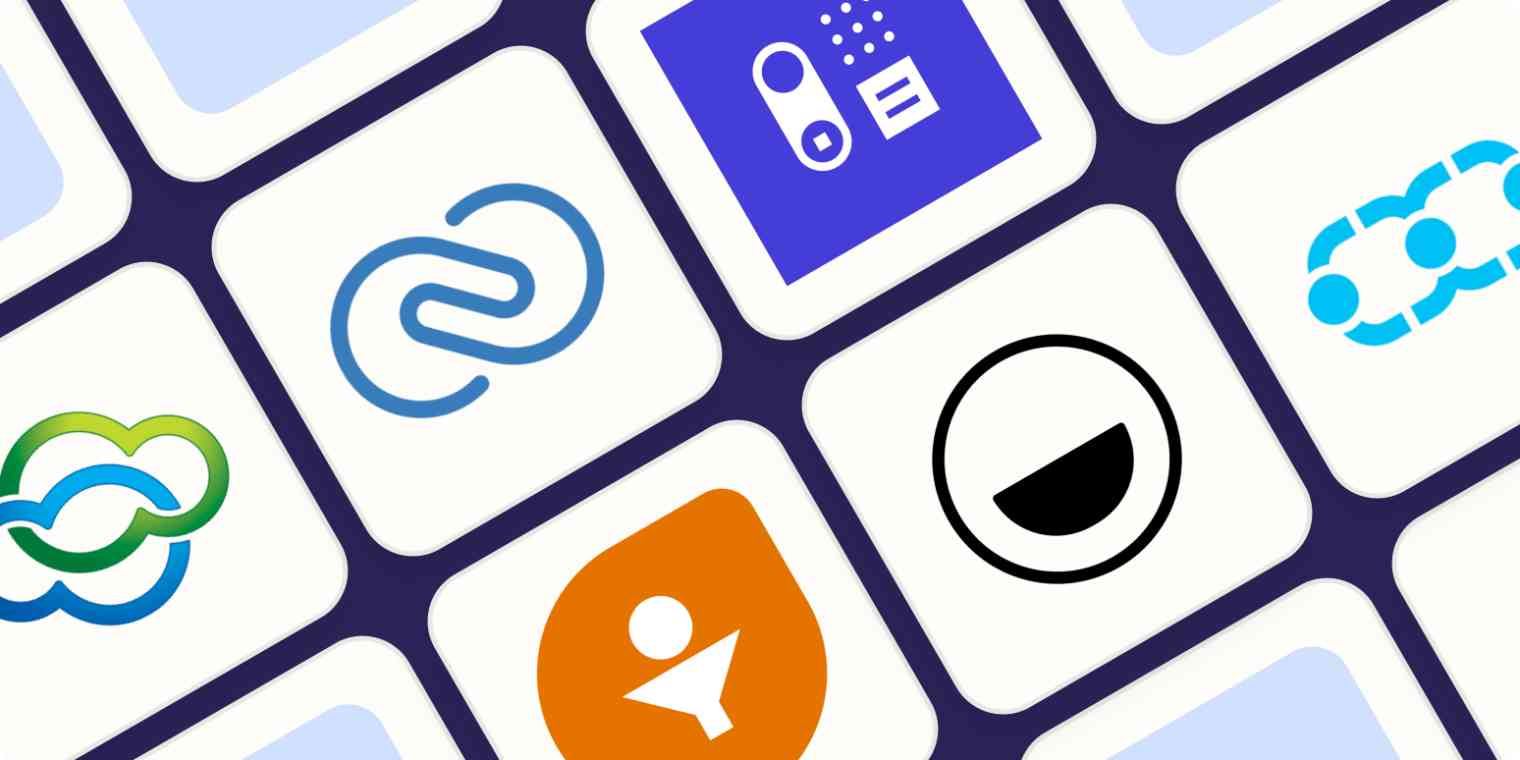
Now, let’s take a closer look at some of the best CRM management software options tailored for small businesses in 2024:
3. https://fordlangha.com.vn/mmoga-the-best-crm-for-consultants-boost-your-sales-efficiency-in-2024
4. https://fordlangha.com.vn/mmoga-the-best-crm-for-small-businesses-a-comprehensive-guide
5. https://fordlangha.com.vn/mmoga-google-cloud-ai-platform-a-comprehensive-guide-for-data-scientists
Zoho CRM
Zoho CRM is an affordable, feature-rich platform perfect for small businesses. It offers a comprehensive suite of tools for sales, marketing, and customer service, including features like social media management, website analytics, and email marketing automation. Zoho’s flexibility and customization options make it an excellent choice across various industries, from e-commerce to professional services.
HubSpot CRM
HubSpot CRM is renowned for its user-friendly interface and seamless integration of powerful marketing automation features. The two-way data sync between sales and marketing efforts enhances customer outreach and lead nurturing. HubSpot CRM distinguishes itself with its robust reporting and analytics capabilities, providing users with detailed insights into customer behavior, sales performance, and marketing campaign effectiveness.
Monday-com CRM
monday.com CRM distinguishes itself with a highly customizable, visual interface. This no-code platform allows small businesses to tailor the CRM to their unique workflows, streamlining sales and customer management. monday.com CRM offers a visual workflow builder that allows users to create custom dashboards and automate tasks based on specific triggers, making it a powerful tool for managing sales processes and customer interactions.
Freshsales CRM
Freshsales CRM is an intuitive and cost-effective solution that excels in lead management. Its AI-powered assistant, Freddy, provides actionable insights and recommendations, making it easier for small businesses to nurture leads effectively. Freshsales CRM excels in its lead scoring capabilities, using machine learning to identify high-potential leads and prioritize them for sales outreach.
Less Annoying CRM
As its name suggests, Less Annoying CRM prides itself on simplicity. Designed specifically for small businesses and solopreneurs, this platform features a user-friendly interface and flat-rate pricing. It allows small teams to manage customer contacts, track projects, and send personalized emails without the complexity often associated with CRM systems. Less Annoying CRM stands out for its simplicity and ease of use, making it an excellent choice for solopreneurs and small teams who need a straightforward CRM solution without complex features.
Choosing the Right CRM Software for Your Small Business

Selecting the best CRM software involves a thoughtful approach. Here’s how to make the right choice:
Define Your Needs
Start by identifying your current challenges and the features you require. Consider your team size, budget, and necessary functionalities.
Research Your Options
Explore industry publications, read reviews, and consult your professional network to create a shortlist of CRM platforms that fit your needs.
Evaluate Key Features
Take advantage of vendor demos and free trials. Pay attention to ease of use, customization options, and integration capabilities.
Test the Software
Involve your team in the testing process. Gather feedback on user-friendliness and the software’s potential for growth.
Consider the User Experience
While features and functionality are essential, it’s equally important to consider the user experience. Choose a CRM that is intuitive and easy to navigate, as this will encourage adoption and ensure your team can use it effectively. A complex or cumbersome interface can lead to user frustration and hinder the benefits of the CRM system.
Gather Feedback
After testing, collate input from team members. Consider both current and future requirements for your business.
Make Your Decision
Weigh the features, costs, and team feedback to select the CRM platform that best fits your small business needs.
2. https://fordlangha.com.vn/mmoga-the-best-crm-for-consultants-boost-your-sales-efficiency-in-2024
3. https://fordlangha.com.vn/mmoga-the-best-crm-for-small-businesses-a-comprehensive-guide
4. https://fordlangha.com.vn/mmoga-google-cloud-ai-platform-a-comprehensive-guide-for-data-scientists
Integrating CRM with Your Existing Business Systems
One of the standout benefits of CRM software is its ability to integrate seamlessly with your existing business tools. By connecting your CRM with platforms like email, accounting, and project management software, you create a centralized hub for all customer and operational data.
Benefits of Integration
Integrating your CRM with other systems streamlines workflows and provides a more comprehensive view of your business. This enables data-driven decisions and enhances customer experiences.
Tips for Successful Integration
- Evaluate Integration Capabilities: When assessing CRM options, check their integration capabilities. Look for features like API integrations and connections to third-party apps.
- Plan Your Integration Strategy: Develop a clear strategy for how you will integrate your CRM with existing systems. This includes mapping out data flows and ensuring compatibility.
Tips for Successfully Implementing CRM in Your Small Business

Once you’ve selected the best CRM software for your small business, follow these tips for a successful implementation:
- Start Small: Focus on key features that will make an immediate impact on your operations.
- Invest in Training: Provide training to your team to ensure they can use the CRM system effectively. Ongoing support is crucial for long-term success.
- Integrate with Existing Systems: Ensure your CRM integrates with your current business software for a seamless workflow.
- Monitor and Track Progress: Continuously monitor your CRM’s performance. Adjust your strategy as necessary to optimize results.
Frequently Asked Questions (FAQ)
Q: What is the best CRM software for a small business with a limited budget?
A: Zoho CRM offers a free plan for up to three users, making it a fantastic option for small businesses with tight budgets. HubSpot CRM also provides a free plan with essential features.
Q: How can I integrate CRM with my existing business software?
A: Most CRM solutions offer integrations with popular business tools like email marketing platforms, accounting software, and project management tools. Look for CRM options that easily connect with your current software stack.
Q: How do I know if CRM is right for my small business?
A: If managing customer data, tracking sales leads, or automating marketing tasks is challenging for you, CRM can be a valuable solution. Assess your specific needs and budget before making a decision.
Conclusion
A CRM system can be a game-changer for small businesses, helping you manage customer relationships, boost sales, and improve efficiency. By exploring the best CRM softwares for your business and taking advantage of free trials, you can find the perfect fit to drive your growth in 2024 and beyond. With the right CRM platform in place, you’ll be well on your way to never missing a sales opportunity and delivering exceptional customer experiences that keep your clients coming back. Start your journey to finding the best CRM software for your small business today!
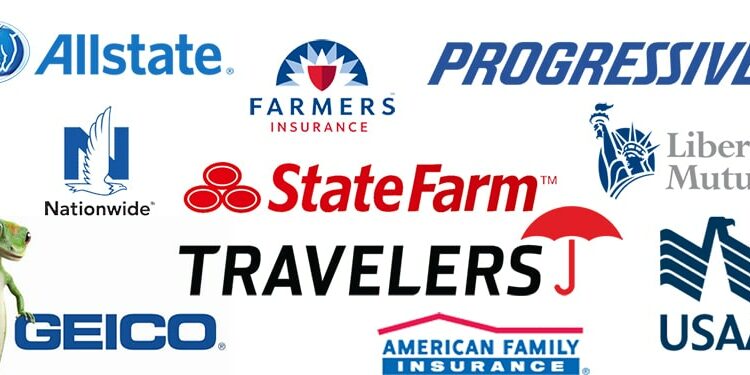
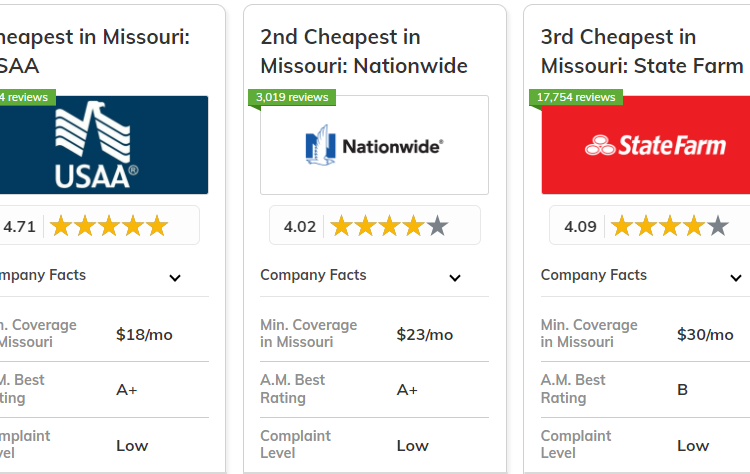
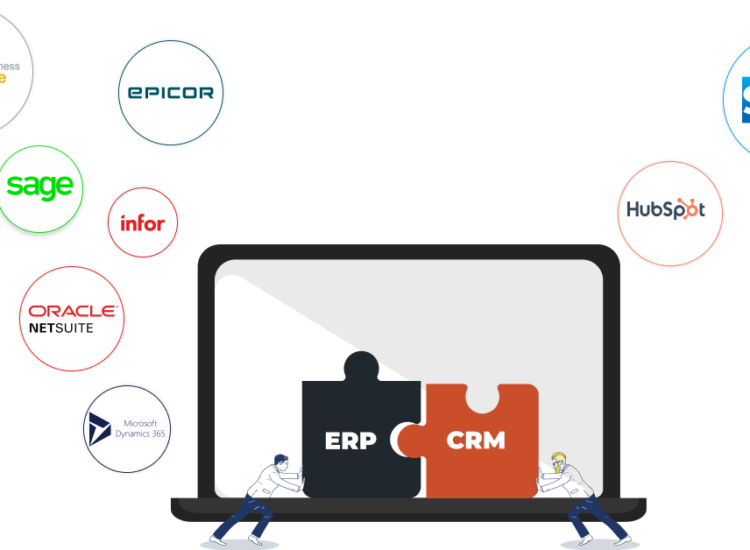



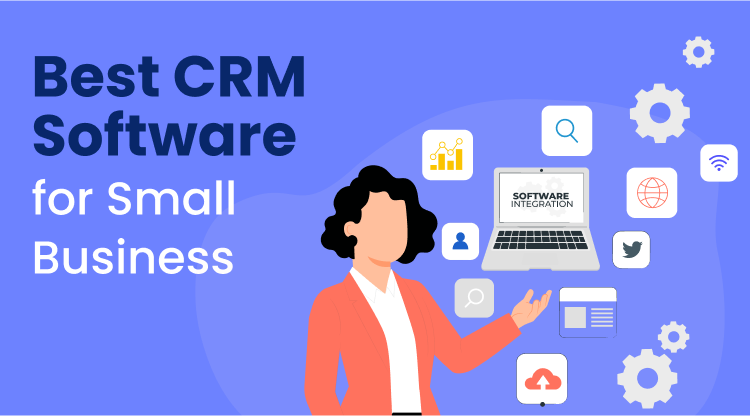



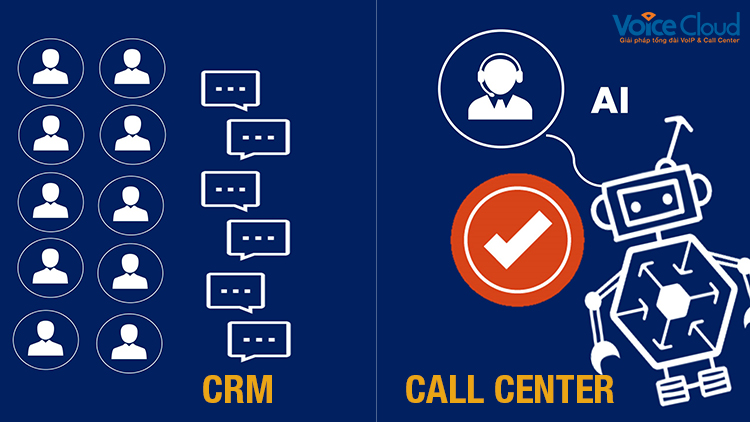
Leave a Reply